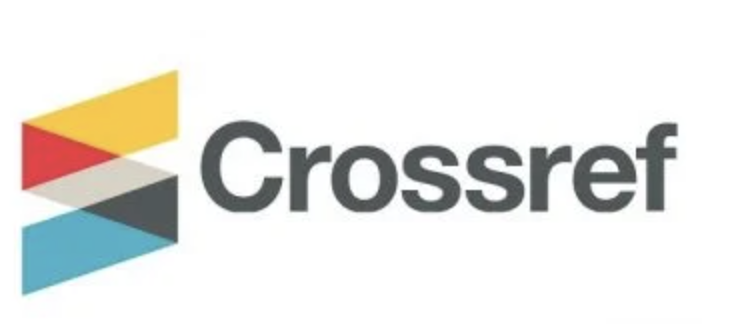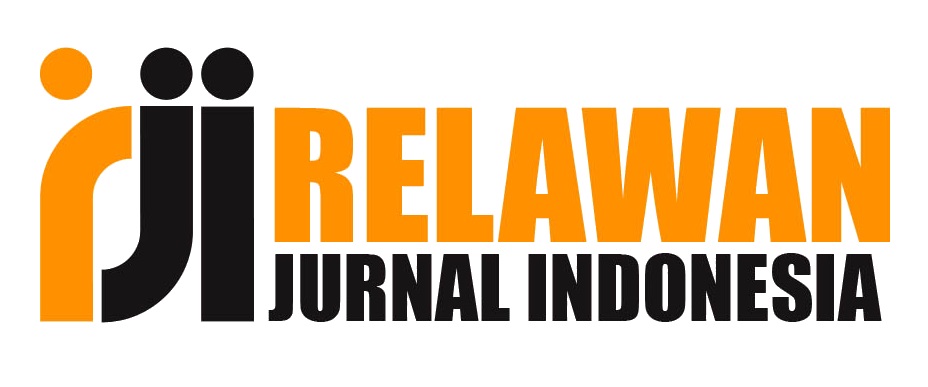Enhancing Writing Proficiency through AI-Powered Feedback: A Quasi-Experimental Study Using Google Gemini
DOI:
https://doi.org/10.63324/h6q1ak58Keywords:
Artificial Intelligence, Chatbot, Google Gemini, Writing ProficiencyAbstract
The use of Artificial Intelligence (AI) in education has gained attention for its potential to enhance student learning, yet limited research has focused on AI-powered tools for providing comprehensive feedback on writing. Most existing studies have concentrated on grammar correction, leaving a gap in understanding how AI can support broader writing development. This study aimed to examine the effect of Google Gemini, an AI-powered chatbot, on writing proficiency in a higher education setting, focusing on grammar, vocabulary, coherence, and task achievement. A quasi-experimental design was used with two groups of 40 students from the Sharia Faculty at UIN Raden Intan Lampung. The experimental group used Google Gemini for writing feedback, while the control group received traditional instruction. Both groups completed pre- and post-test writing tasks, assessed using a standardized rubric. Data were analyzed with paired-sample t-tests to compare improvements between groups. The results showed that the experimental group made significantly greater gains in writing proficiency than the control group, especially in grammar, vocabulary, and coherence. Students in the experimental group also reported higher satisfaction with the immediate, personalized feedback from the AI chatbot. The control group showed modest improvements with traditional feedback, but these were less pronounced. This study suggests that AI tools like Google Gemini can effectively improve writing skills by offering real-time, personalized feedback. It highlights the potential for AI to complement traditional teaching methods, though future research with larger and more diverse samples is needed to explore its impact on higher-order writing skills and across various educational contexts
References
Acar, A. S. (2023). Genre pedagogy: A writing pedagogy to help L2 writing instructors enact their classroom writing assessment literacy and feedback literacy. Assessing Writing, 56, 100717. https://doi.org/10.1016/j.asw.2023.100717
Andewi, W., & Hastomo, T. (2022). Effect of Using Flipped Classroom for Teaching Writing Based on Students’ Motivation: A Quasi-Experimental Research. Premise: Journal of English Education and Applied Linguistics, 11(3), 615–631. https://doi.org/10.24127/PJ.V11I3.5511
Chen, C.-H., & Chang, C.-L. (2024). Effectiveness of AI-assisted game-based learning on science learning outcomes, intrinsic motivation, cognitive load, and learning behavior. Education and Information Technologies, 1–22. https://doi.org/10.1007/s10639-024-12553-x
Creswell, J. W. (2012). Educational research: Planning, conducting and evaluating quantitative and qualitative research. Pearson Education.
Hakim, R., & Rima, R. (2022). Chatting with AI Chatbots Applications to Improve English Communication Skill. Journal of English Language Studies, 7(1), 121. https://doi.org/10.30870/jels.v7i1.14327
Hasbi, M., Alamsyah, A., Faozan, A., Astawa, N. L. P. N. S. P., Fauzi, A. R., Utomo, H. Y., Devi, A. P., Nor, H., Adimarta, Krtistanto, Mandasari, B., Dewi, R. F., Nisa, B., Hartati, E., Pricilia, G. M., Saputra, R. M., Purnami, I. A. O., Nisa, I. K., Mangendre, Y., … Rohqim, A. (2024). Useful AI Tools For English Teachers. Rizquna. http://e-repository.perpus.iainsalatiga.ac.id/21414
Hasbi, M., & Purnama, R. (2024). Reflection of English Language Teaching for High School Students Using E-LISDA E-Learning Platform. LinguaEducare: Journal of English and Linguistic Studies, 1(1), 51–60. https://journal.ciptapustaka.com/index.php/LEC/article/view/6
Hastomo, T. (2019). Schoology Effects on Students’ Writing Ability. Lentera: Jurnal Ilmiah Kependidikan, 12(1), 149–154.
Hastomo, T., Mandasari, B., & Widiati, U. (2024). Scrutinizing Indonesian pre-service teachers’ technological knowledge in utilizing AI-powered tools. Journal of Education and Learning (EduLearn), 18(4), 1572–1581. https://doi.org/10.11591/edulearn.v18i4.21644
Hawanti, S., & Zubaydulloevna, K. M. (2023). AI chatbot-based learning: Alleviating students’ anxiety in English writing classroom. Bulletin of Social Informatics Theory and Application, 7(2), 182–192. https://doi.org/10.31763/businta.v7i2.659
Marzuki, Widiati, U., Rusdin, D., Darwin, & Indrawati, I. (2023). The impact of AI writing tools on the content and organization of students’ writing: EFL teachers’ perspective. Cogent Education, 10(2), 1–17. https://doi.org/10.1080/2331186X.2023.2236469
Narayan, S. (2024). Awareness and Familiarity with AI Writing Tools Among Media Students. LinguaEducare: Journal of English and Linguistic Studies, 1(1), 39–50. https://journal.ciptapustaka.com/index.php/LEC/article/view/5
Oktarina, I. B., Saputri, M. E. E., Magdalena, B., Hastomo, T., & Maximilian, A. (2024). Leveraging ChatGPT to enhance students’ writing skills, engagement, and feedback literacy. Edelweiss Applied Science and Technology, 8(4), 2306–2319. https://doi.org/10.55214/25768484.v8i4.1600
Ramadhanti, A., Nurchurifiani, E., Octafiyana, A., Safitri, A., Sari, L. P., & Hastomo, T. (2024). The Influence of STAD Method Towards Students Writing Ability in Recount Text. IDEAS: Journal on English Language Teaching and Learning, Linguistics and Literature, 12(1), 13–24. https://doi.org/10.24256/ideas.v12i1.4014
Silitonga, L. M., Hawanti, S., Aziez, F., Furqon, M., Zain, D. S. M., Anjarani, S., & Wu, T. T. (2023). The impact of AI chatbot-based learning on students’ motivation in English writing classroom. Lecture Notes in Computer Science (Including Subseries Lecture Notes in Artificial Intelligence and Lecture Notes in Bioinformatics), 14099 LNCS, 542–549. https://doi.org/10.1007/978-3-031-40113-8_53
Slamet, J. (2024). Potential of ChatGPT as a digital language learning assistant: EFL teachers’ and students’ perceptions. Discover Artificial Intelligence, 4(1), 46. https://doi.org/10.1007/s44163-024-00143-2
Utami, I. G. A. L. P., & Mahardika, I. G. N. A. W. (2023). Grammarly and grammatical errors reduction: A case for non-native English teachers’ professional learning. International Journal of Language Education, 7(2), 227–240. https://doi.org/10.26858/IJOLE.V7I2.46431
Waziana, W., Andewi, W., Hastomo, T., & Hasbi, M. (2024). Students’ perceptions about the impact of AI chatbots on their vocabulary and grammar in EFL writing. Register Journal, 17(2), 328–362. https://doi.org/https://doi.org/10.18326/register.v17i2.352-382
Wulyani, A. N., Widiati, U., Muniroh, S., Rachmadhany, C. D., Nurlaila, N., Hanifiyah, L., & Sharif, T. I. S. T. (2024). Patterns of utilizing AI–assisted tools among EFL students: Need surveys for assessment model development. LLT Journal: A Journal on Language and Language Teaching, 27(1), 157–173. https://doi.org/10.24071/llt.v27i1.7966
Yu, S., & Liu, C. (2021). Improving student feedback literacy in academic writing: An evidence-based framework. Assessing Writing, 48, 100525. https://doi.org/10.1016/j.asw.2021.100525
Yulistiani, E., Supriyono, S., Wicaksono, A., & Hastomo, T. (2020). The Correlation between Vocabulary Mastery, Reading Habits, and The Students’ Writing Ability. IJLHE: International Journal of Language, Humanities, and Education, 3(1), 69–76.















